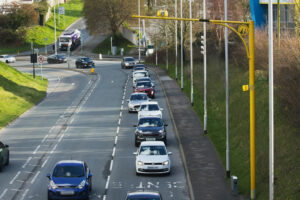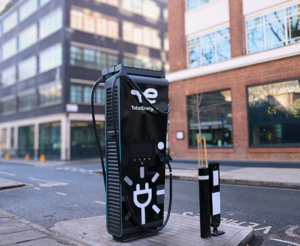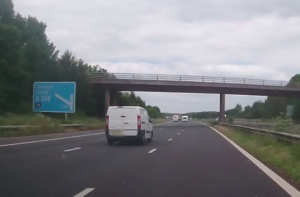Coventry City Council has extended its clean air consultation after residents and businesses have given their views on a range of schemes that would enable reductions in NO2 levels in the city without the need to introduce a Clean Air Zone (CAZ D).
The council says that a CAZ D would have affected all vehicles that do not meet certain air pollution standards. For the scheme to work some cars and other types of vehicle would have faced a charge to drive into a large part of the city. The Council always felt there was a better way of achieving the air quality objectives, and last year put forward its preferred package of measures.
In February, the Government wrote to the Council in support of Coventry’s proposals which set out to reduce Nitrogen Dioxide emissions, benefiting residents through cleaner air and better health.
A legal direction from the Government means that Coventry will need to submit a final full business case. The submission date was 19 June but is now likely to be later in the year to reflect the lengthened consultation period.
The consultation identifies a combination of new measures in the city, all planned to avoid the introduction of a CAZ.
Cllr Jim O’Boyle Cabinet Member for Jobs and Regeneration said: “We had planned public drop-in sessions to explain more about the plans but because of COVID-19 restrictions we cancelled these. We had already spoken to dozens of people when we discussed proposals in December 2018.
“When we did, residents and businesses were generally opposed to the idea of a charging CAZ D and in favour of various highways and other measures to address NO2 emissions. That’s why these measures are now being developed in more detail. There are already a variety of other projects happening across the city to improve air pollution.”
He added: “Local people and businesses rejected a CAZ D so the challenge now is to achieve NO2 reductions through a combination of behaviour change, cleaner vehicles and targeted junction and road layout improvements in areas where NO2 levels are above the legal limit. We want to explain more about these schemes and it was important that due to the current social restrictions we give people more time to respond.”
The package of new measures includes improving routes for cyclists and pedestrians, introducing electric buses, an HGV ban on one major road and further engagement with schools for travelling planning. Coventry has been awarded grant funding of £24.5m to implement the schemes.
























